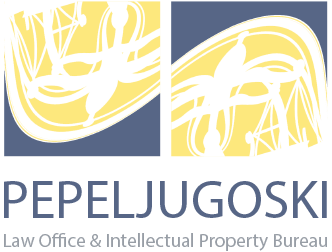The first regulations governing the intellectual property date back to the nineteenth century and are at the level of international conventions. But the expansion of national codification of intellectual property rights took place in the first half of the twentieth century. On December 10, 1948, the first turning point was made regarding the affirmation of intellectual property rights as human rights with the adoption of the Universal Declaration of Human Rights. According to Article 27.2 of the Universal Declaration “everyone has the right to the protection of moral and material interests resulting from scientific, literary and artistic productions of which he is the author“. A few years later, the European Convention on Human Rights was also adopted, where the right to intellectual property enjoys protection as a human right in the category of property rights (Article 1 of Protocol no. 1 – Right of property: “Every natural or legal person is entitled to the peaceful enjoyment of his possessions”). The European Court of Human Rights, in the Manual to Article 1 of Protocol 1 of the European Convention, but also in a large number of judgments (e.g. Anheuser-Busch Inc. V. Portugal) affirms this principle that intellectual property rights are actually fundamental human rights. rights. The Constitution of the Republic of North Macedonia in article 47 “guarantees freedom of scientific, artistic and other types of creation and the rights arising from scientific, artistic and other types of intellectual creation” also contains this formulation. Hence, we can rightly say that intellectual property rights have found their place within the human rights system.
Are the intellectual property rights human rights?

